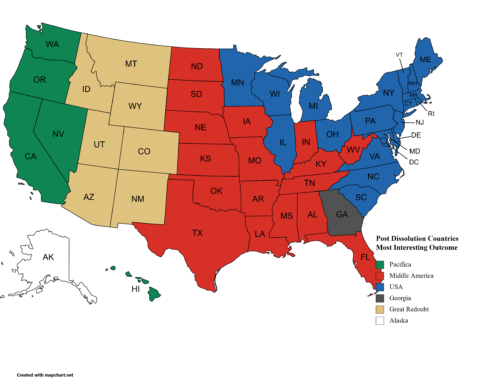In previous posts we discussed how leaders have a responsibility to create organizational clarity, ensure the organization’s identity and direction, create an organizational structure to meet the long-term objectives, to stay above the day-to-day fray and let their subordinates do their jobs, and to learn to say “I don’t know.” That all still applies. But how can leaders apply critical thinking to achieve these transcendent leadership roles?
Leaders must practice critical thinking. That means they engage in a continuing, life-long process of analyzing and assessing their own thinking with the purpose of constantly improving it. Critical thinking requires discipline and openness to correction and a genuine willingness to change their direction when they realize they are wrong.
Critical thinking builds towards clarity, accuracy, depth and significance. That means that critical thinking makes issues more clear, rather than confusing. It means demanding precision of yourself and those you lead. You cannot accept mistakes over time. It means going deeper than the surface of an issue – really studying it, which takes time. This is difficult in an age of hyper speed when leaders think they don’t have time to get smart on a topic. And finally critical thinking means linking potentially disparate concepts to show how they are significant and affect your organization’s bottom line.
Yes, yes, yes, you might say. That all sounds good in the abstract. How do you apply this in the practical sense? By applying scientific methodology to your line of responsibility. Some argue that you cannot apply science to social or economic situations. Nonsense.
Good business leaders are always asking How do we know, which is what a theory does. They ask, If that’s true, what should we expect to see, which is what a hypothesis is. They list all their assumptions and challenge them and validate them. They always seek evidence and never accept it when someone tells them “everybody knows.”
You know who does this well? Companies that employ surveys and product trials. They seek evidence when a smart person says “the public will love this.” You know who didn’t do this well? The makers of Zima and New Coke.
So keep working on expanding your ability to learn more and challenge your people to do so as well.
Keep thinking…





Leave A Comment